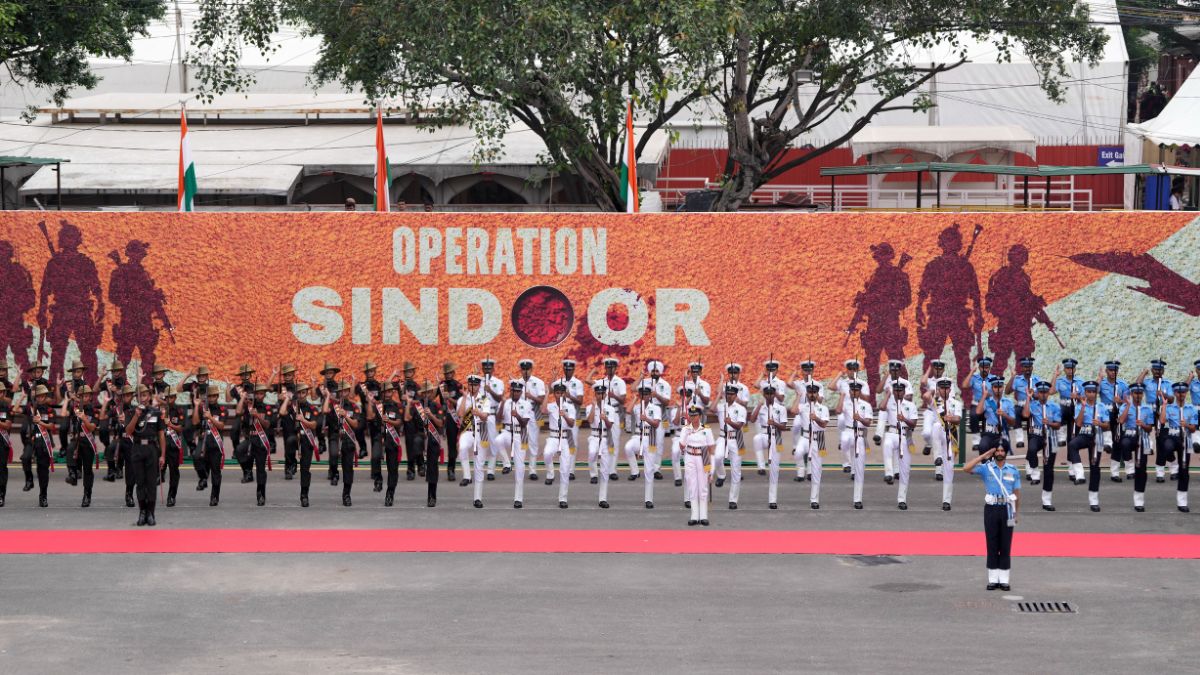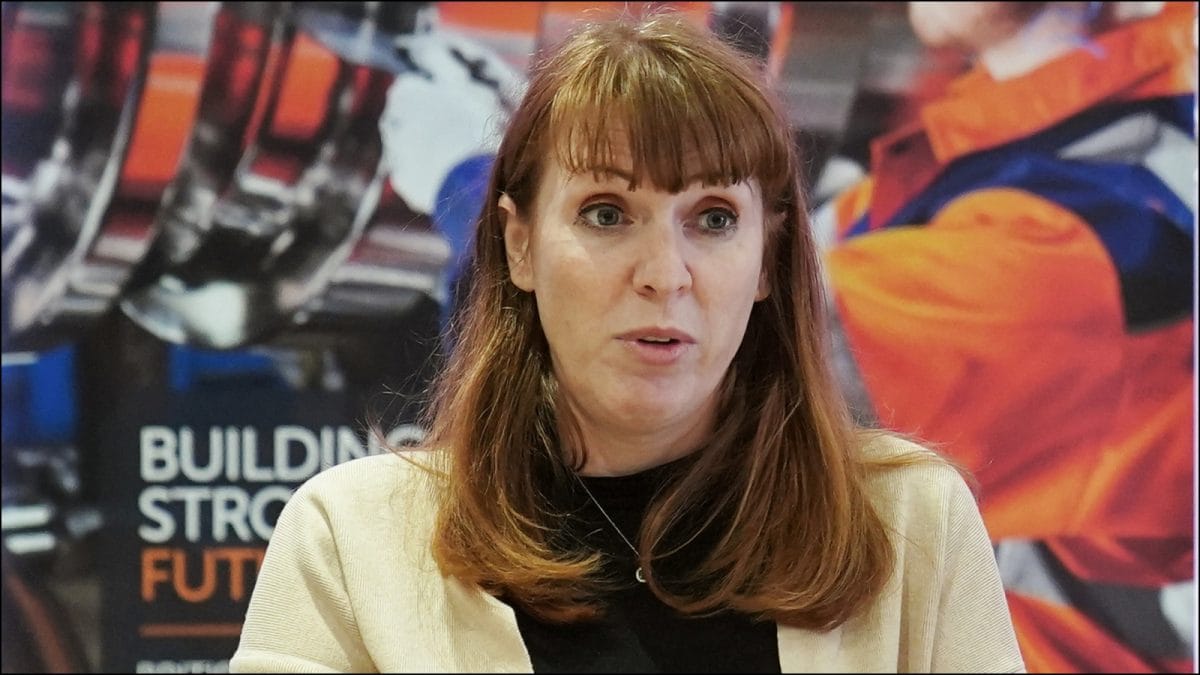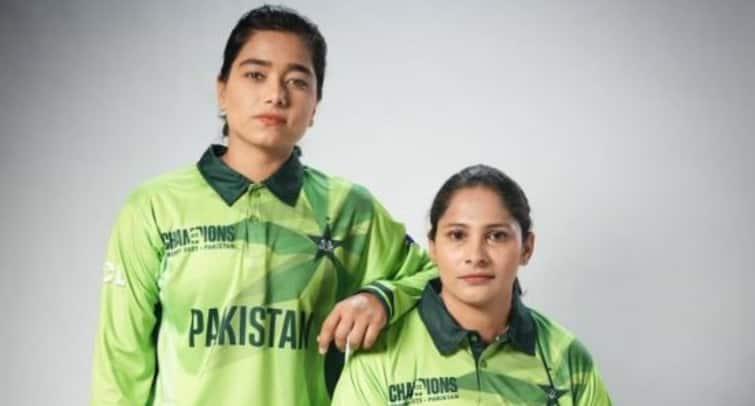General Dwivedi said that during the operation, Indian armed forces “moved something like a rhythmic wave”, highlighting the synergy between officials
Army Chief General Upendra Dwivedi has said that Operation Sindoor did not conclude on May 10, as believed earlier, after India and Pakistan reached a ceasefire, but “continued for a long time”.
During a book launch event in Delhi, General Dwivedi said, “You may be thinking that on May 10, the war finished; no, because it continued for a long time, with many decisions still to be taken. Beyond that, of course, it will be difficult for me to share here.”
Operation Sindoor was launched on May 7 after terrorists killed 26 civilians in Kashmir’s Pahalgam on April 22. Indian forces targeted multiple terrorist infrastructures across Pakistan and Pakistan-occupied Kashmir in what the government called a “focused, measured, and non-escalatory” operation.
‘Like a rhythmic wave’
General Dwivedi said that during the operation, Indian armed forces “moved something like a rhythmic wave”, highlighting the synergy between officials.
“When I say rhythmic wave, in these 88 hours, it was not possible for you to come for the planning, pass the orders… so, everybody was synergised, and everybody knew his orders,” he said.
The army chief added, “India announced its resolve with a new normal, with outstanding clarity in strategic guidance, with a whole-of-nation approach for execution.”
‘We played chess’
Last month, General Dwivedi shared details of the planning and execution of Operation Sindoor, saying it was a strategic “chess game”.
Comparing the operation to a game of chess, he said it took place in a “grey zone” – unpredictable and just short of a full-scale conventional military engagement.
“In Op Sindoor, what we did, we played chess… What does it mean! It means that we did not know what step the enemy was going to take and what we were going to do. It was a gray zone. The gray zone is that we are not going for the conventional operations but we are doing something which is just short of the conventional operations,” he said.
Planning began on 23 April, when the three service chiefs and Defence Minister Rajnath Singh decided decisive action was needed.
End of Article

)

